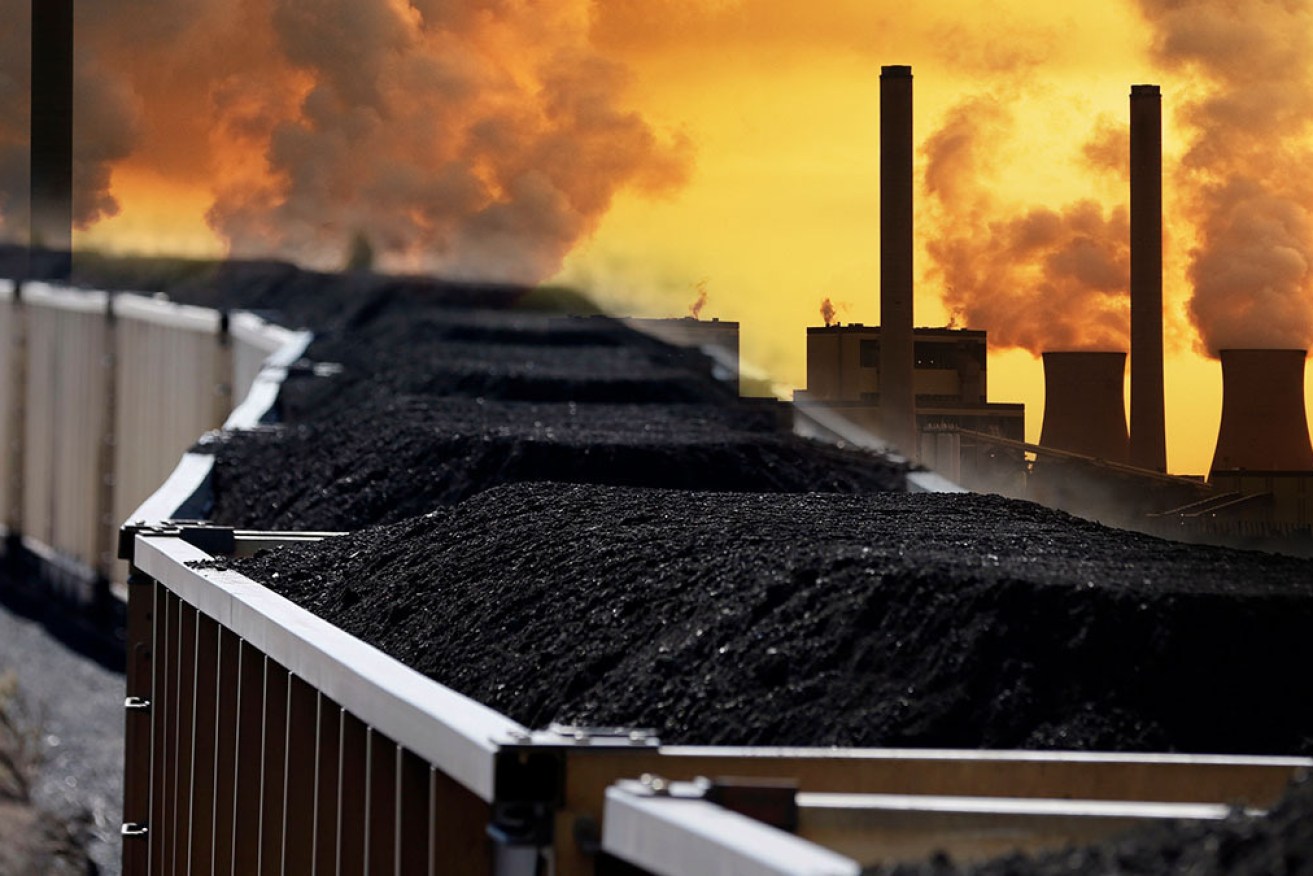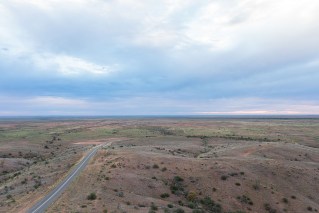Australia must leave 95 per cent of coal in ground to limit global warming to 1.5 degrees, study warns


Australia's coal exports are holding a flame to the global thermostat. Image: TND
Ninety five per cent of Australia’s coal must stay in the ground by 2050 for there to be any chance of limiting global warming to 1.5 degrees Celsius, a new study from University College London has found.
A further 35 per cent of Australia’s natural gas and 40 per cent of oil reserves must be kept in the ground, according to the modelling published in Nature this week.
“Fossil fuels continue to dominate the global energy system, and a sharp decline in their use must be realised to keep the temperature increase below 1.5 degrees,” the report reads.
But how much their use will decline in the coming decades remains uncertain, and hinges on the rollout of clean technologies and decisions about the retirement of (and new investment in) fossil fuel infrastructure, it found.
“The need to forgo future production means country producers, fossil energy companies and their investors need to seriously reassess their production outlooks,” the report reads.
“This is particularly true for countries that are fiscally reliant on fossil fuels.”
It comes just days after the United Nations’ top climate official Selwin Hart called for Australia to have a “more honest and rational conversation” about urgently abandoning coal.
The nation’s reliance on coal-fired power makes it one of the world’s largest carbon emitters per capita, but Prime Minister Scott Morrison has continued to back fossil fuels, with his government arguing any transition will affect jobs.
Currently, fossil fuels account for 81 per cent of the world’s energy consumption.
Globally, the study found nearly 60 per cent of current oil and fossil methane gas, and 90 per cent of coal reserves, must stay in the ground by 2050 to meet the Paris Agreement target.
The authors say that the decline in oil and gas production required globally by 2050 implies that many regions – including Australia – face peak production now or during the next decade.
Many operational and planned fossil fuel extraction projects are not conducive to meeting internationally agreed climate targets.
It is estimated that oil and gas production, for example, must decline by 3 per cent annually until 2050 to meet these goals.
Earlier this year a report revealed Australia is the only OECD country to propose new coal mines on a scale so large that it will effectively double our emissions output.
Global Energy Monitor’s report found if the coal mines are built, it will be more than four times the compliant pathway needed to reach the Paris climate agreement.
A non-proliferation treaty
The Australia Institute climate change and energy director Richie Merzian said the report shows there is a disconnect in the production levels of fossil fuels and necessary pathways to stop catastrophic climate change.
“Australia is the fifth-largest producer of fossil fuels and the third-largest exporter,” Mr Merzian said.
“That disconnect, that’s pretty much where we’re at in Australia.
“There is a disconnect with Santos opening up new fields, the Coalition supporting subsidies for new gas fields – which is against the reality of what we require.”
A major gap in the international approach to climate change is that there is no agreement on how to curb fossil fuel supply, he said.
“A great example is that fossil fuels are not even mentioned in the Paris Agreement. That’s by design, because producers made sure it wasn’t in there,” Mr Merzian said.
The international community needs to adopt a non-proliferation treaty, to put an end to new exploration and production of coal, oil and gas, he said.
“With drugs or weapons, we don’t just go after users, we go after suppliers. Why aren’t we doing the same thing?”
Coal will cause economic havoc: UN
On Sunday Mr Hart, the UN Assistant Secretary-General and Special Adviser to the Secretary-General on Climate Action, said the writing was on the wall for coal and called for wealthy nations to stop using it for power by 2030.
He said the rest of the world should phase out the black rock by 2040.
Mr Hart called on the Australian government to “seize the moment” and switch to renewables.
“It’s essential to have a broader, more honest and rational conversation about what is in Australia’s interests because the bottom line is clear,’ he said.
“If the world does not rapidly phase out coal, climate change will wreak havoc right across the Australian economy: From agriculture to tourism, and right across the services sector.”
He noted that all Australian territories, Australia’s closest neighbours and biggest allies had adopted a target of net zero by 2050.
The Australian government has become an international laggard on the issue, saying its preference is to reach net zero by 2050, but it won’t make it a formal policy.
The report’s release also comes after it was revealed in the Nine newspapers that News Corp, which has been routinely criticised for a strong stance against action on climate change, will launch a campaign promoting the benefits of a carbon-neutral economy.
From mid-October, the company will run a two-week campaign that will advocate for a carbon net-zero target to be reached by 2050.
The Australian will not be part of the campaign, but according to Nine, it will “temper its editorial stance” on climate change.








